
OR
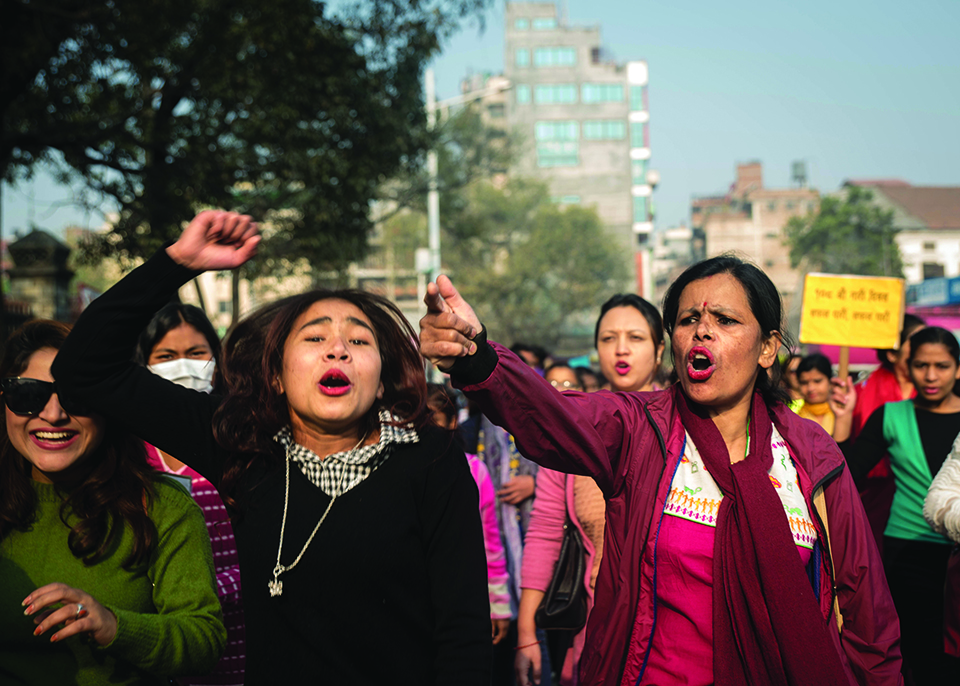

Ayush Joshi & Bijay Jha
Joshi is a Development Communicator, Jha a social activist based in Dhanushanews@myrepublica.com
More from Author
Lack of women role models in politics is one of the reasons for lack of public trust and appreciation toward them
Ramita Pradhan, 34, is greeted with smiles and Namaste. “Back then you would be greeted with jibes, if a woman mentioned their aspirations to join politics. But things have changed now,” says Pradhan, who was recently elected Deputy Mayor of Manara Sisawa Municipality, Mahottari. Pradhan, along with the other elected women officials of her village, has joined a public speaking platform to hone up public speaking skills. “Leadership is about conviction, and getting our ideas across people to influence them. That’s why we have joined the public speaking platform,” she said.
The elected women officials meet every month and make a decision. There are speakers, commentators and observers. It is Pradhan’s turn to deliver a speech, and she wants to discuss an important topic: ‘Women in Politics.’ “It has taken us so long to reach here. We have fought against social stereotypes and patriarchy. We can’t lose this historic chance of proving ourselves because of lack of capacity or skills,” she said.
In our quest to understand the challenges of women leadership, we interviewed a series of elected women officials in Tarai region. During the interviews and consultations, one thing became clear: all elected women officials feel strongly about the ‘historic opportunity’ provided to them to be a part of decision-making process. Progressive steps undertaken by the government to ensure the participation of women in the decision-making sphere has resulted in 40 percent women representative in local governance. But it shouldn’t be limited to number counts. There should be more strategic interventions in place to capacitate them, and tools to build meaningful participation in all levels of decision making.
This is one of the reasons organizations like Search, along with Ministry of Federal Affairs and General Administration (MoFAGA), initiated capacity building trainings on local governance, functions, and roles of women leaders of Dhanusha, Mahottari and Sindhuli. “If we don’t address the capacity gap now, historic achievement won’t materialize in concrete leadership. It is important for elected women to be clear about their roles and mandates,” said Purushottam Nepal, Joint-Secretary at MoFAGA.
Trust deficit
A recent research conducted by Search provides evidence that the public are unconvinced that women leaders can spearhead change, and there’s mounting trust deficit towards them. An excerpt from the research states: “Women, elected during the election are mouth-piece of their husband, or in-laws. They are the residue of hierarchy-driven politics, a product of the quota system—with no influence, or knowledge.” This shows that capacity gap is not the only challenge for women leaders. They still have to struggle with stereotypes and biases. Elected women leaders face a classic situation of “coercion to the biosocial mean” where the society resists activities and choices that do not fall under the prescribed social norm or standards.
Lack of women role models in politics is one of the reasons for lack of public trust and appreciation toward them. During the interview the respondents couldn’t even recall the names of five women leaders. The reason is simple: Leadership in Tarai has always had a male face. Rani Pandey, a social mobilizer in Jaleshwar said during a Key Informant Interview that media plays an important role in changing people’s perception towards women. She further said media bias has made the situation worse. “Ninety percent media interview women leaders on ‘soft topics. They don’t discuss hard-hitting political issues with women. They believe that only men can come up with solutions,” said Pandey.
Celebrate the change
We need to celebrate women empowerment in terms of equal power, fairness, political participation and equity. Evidence suggests that visibility and people-to-people connection is important for women leaders. Women leaders should groom themselves thematically and interact with the public.
There’s a misconception that as deputy mayors women are merely in secondary position and therefore have no influence in governance process. They should come out of this misconception. As a matter of fact, deputy mayors have a pivotal role in functioning of the judicial committee, the monitoring and evaluation committee, facilitating meetings of executive bodies and consumer right groups, and creating an enabling environment for non-government organisations to work for community development. Thus women leaders should debunk all myths of their secondary roles through action.
Growing participation of women in leadership position marks a big shift in Nepal’s political history. The stereotypes will remain, patriarchy is deep rooted, battle of sexism will continue, but so will resistance. The next four years will be a crucial for elected women leaders at local level to establish themselves as assertive leaders. This is a moment to prove, to show, to change and set the example for future women leaders.
Joshi is a Development Communicator, Jha a social activist based in Dhanusha
You May Like This
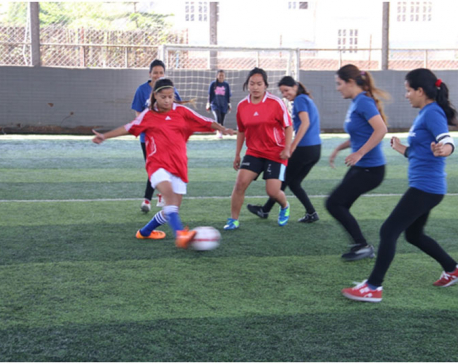
Futsal for the women, by the women and of the women!
KATHMANDU, March 19: WE United Project launched the Mahila Premier League (MPL) on March 18 at Grassroots Recreational Center in Mandikhatar. ... Read More...

President Women Upliftment Programme inspiring Bajura women to aspire
BAJURA, March 25: Women in Bajura district, which is in the last position in the Human Development Index (HDI) in... Read More...
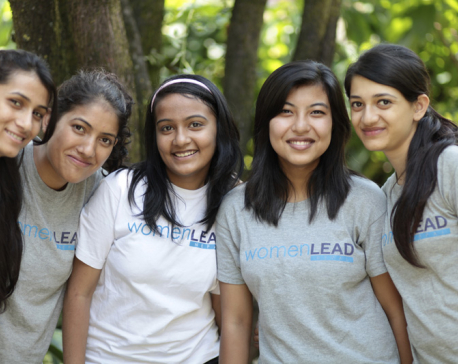
Helping women re-envision a better Nepal: Women LEAD Nepal
KATHMANDU,March 7: Women LEAD Nepal started as an idea that women and girls could change the trajectory of Nepal’s future and... Read More...

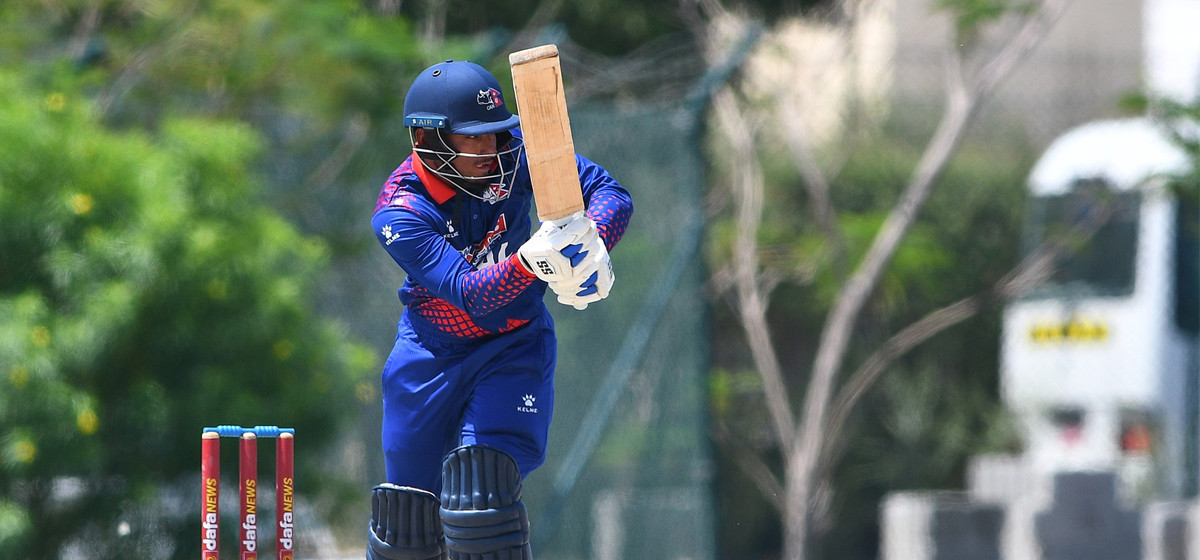
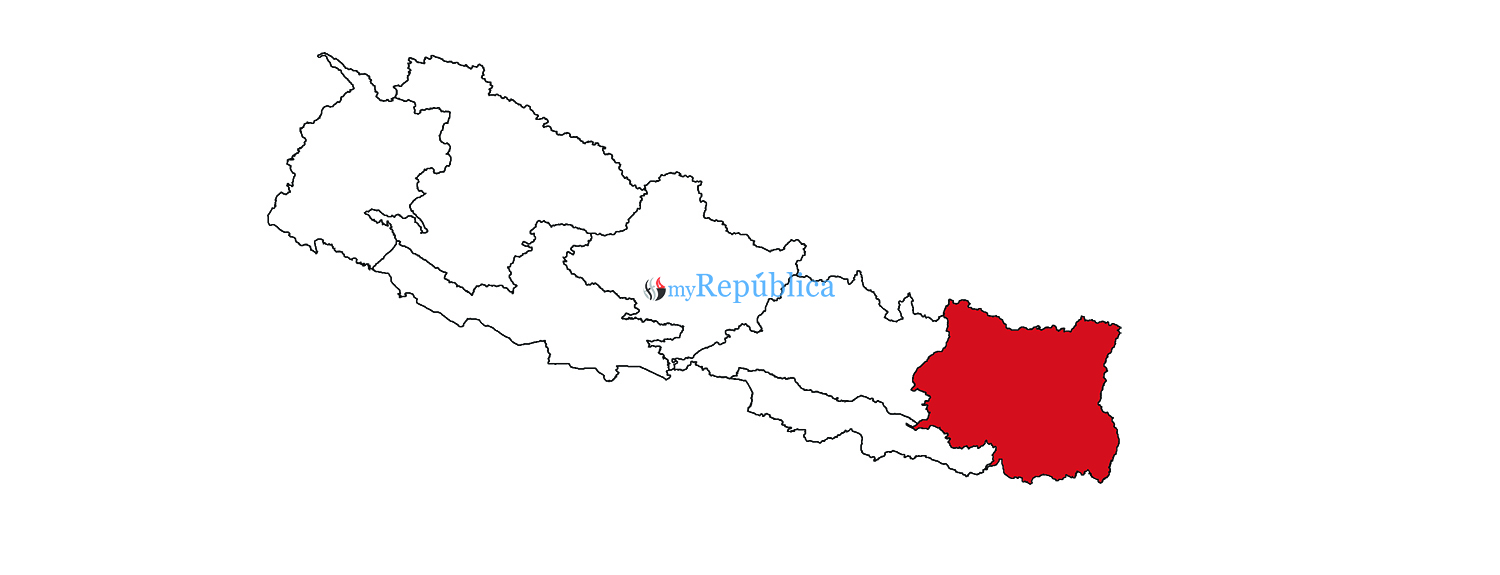


Just In
- Teachers’ union challenges Education Minister Shrestha's policy on political affiliation
- Nepal sets target of 120 runs for UAE in ACC Premier Cup
- Discussion on resolution proposed by CPN-UML and Maoist Center begins in Koshi Provincial Assembly
- RBB invites applications for CEO, applications to be submitted within 21 days
- Telephone service restored in Bhotkhola after a week
- Chemical fertilizers imported from China being transported to Kathmandu
- Man dies in motorcycle accident in Dhanusha
- Nepal face early setback as four wickets fall in powerplay against UAE









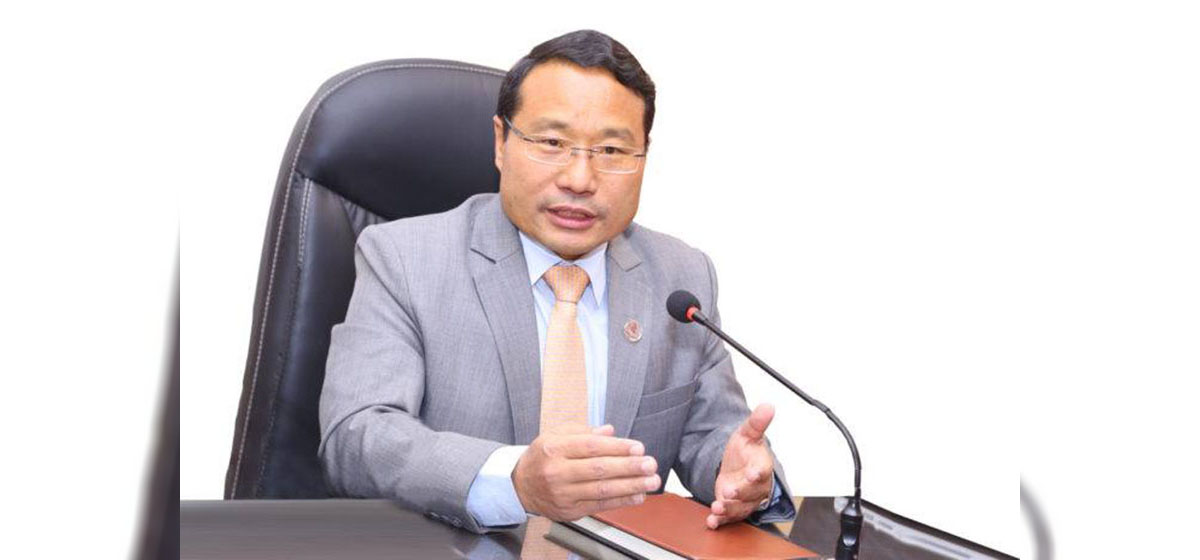

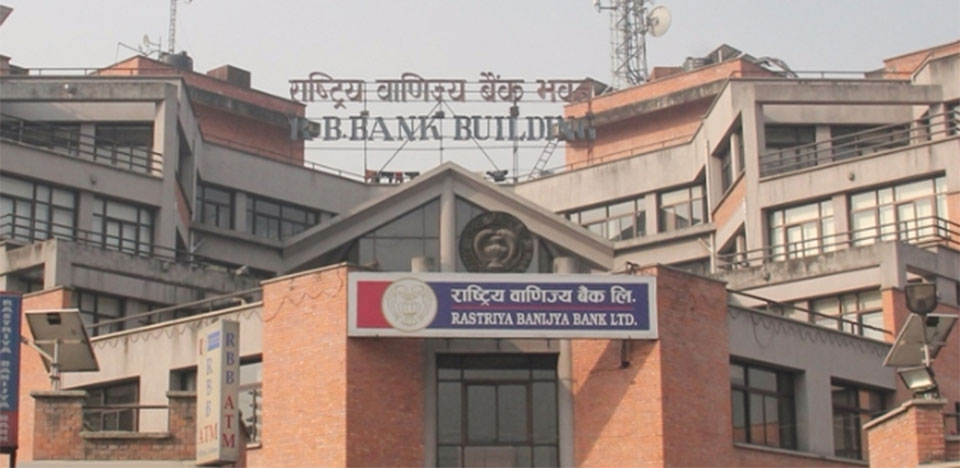

Leave A Comment